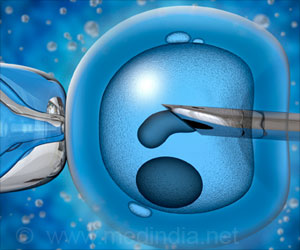Menopause causes metabolic changes that alter urine composition and kidney stone risk.
- A link between menopause and kidney stones has been discovered
- Menopause puts women at increased risk of developing kidney stone risk
- Metabolic changes occur due to menopause and hence the incident of kidney stone
Read More..
Details of the Study
The research team examined to find a link between menopause and the risk of incident kidney stones, and changes in 24-hour urine composition in the Nurses’ Health Study (NHS) II.//
Using multivariate-adjusted Cox proportional hazards models, the research team analyzed about 108,639 NHS II participants who provided information on menopause and kidney stones. They also analyzed 24-hour urine collections from over 658 participants who performed a collection while pre-menopausal and a repeat collection after menopause.
Results of the Study
- The multivariate-adjusted relative risk of an incident kidney stone in postmenopausal participants compared with premenopause was 1.27 (95% CI 1.08–1.46).
- On stratified analysis compared with premenopause, the multivariate-adjusted relative risk of natural and surgically induced menopause was 1.27 (95% CI 1.09–1.48) and 1.43 (95% CI 1.19–1.73), respectively.
- Among the 74,505 postmenopausal participants, there was a total of 1,041 incident stone events.
- Compared with no hormone therapy, neither current nor past use was significantly associated with kidney stone risk.
- Compared with premenopause the postmenopausal urine collections had lower mean calcium, citrate, phosphorus and uric acid, and higher mean volume.
Postmenopausal status is linked to a higher risk of developing kidney stones. Natural and surgical menopause are both independently associated with higher risk. However, there are small but significant differences in urine composition between pre-and-postmenopausal urine collections.
Source-Medindia
















